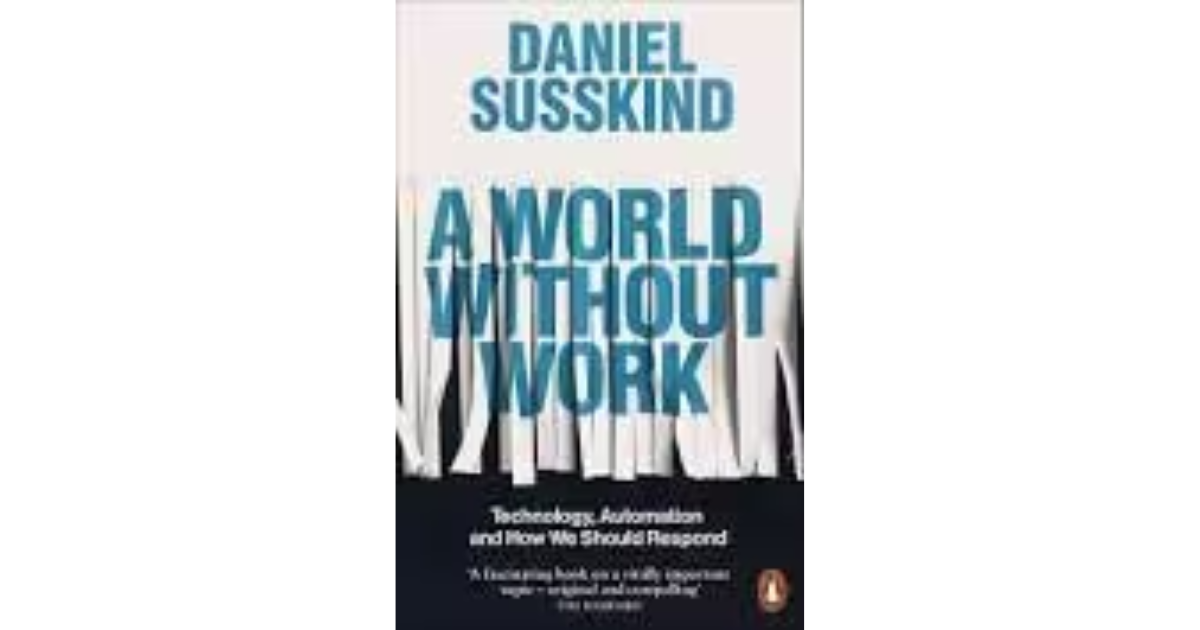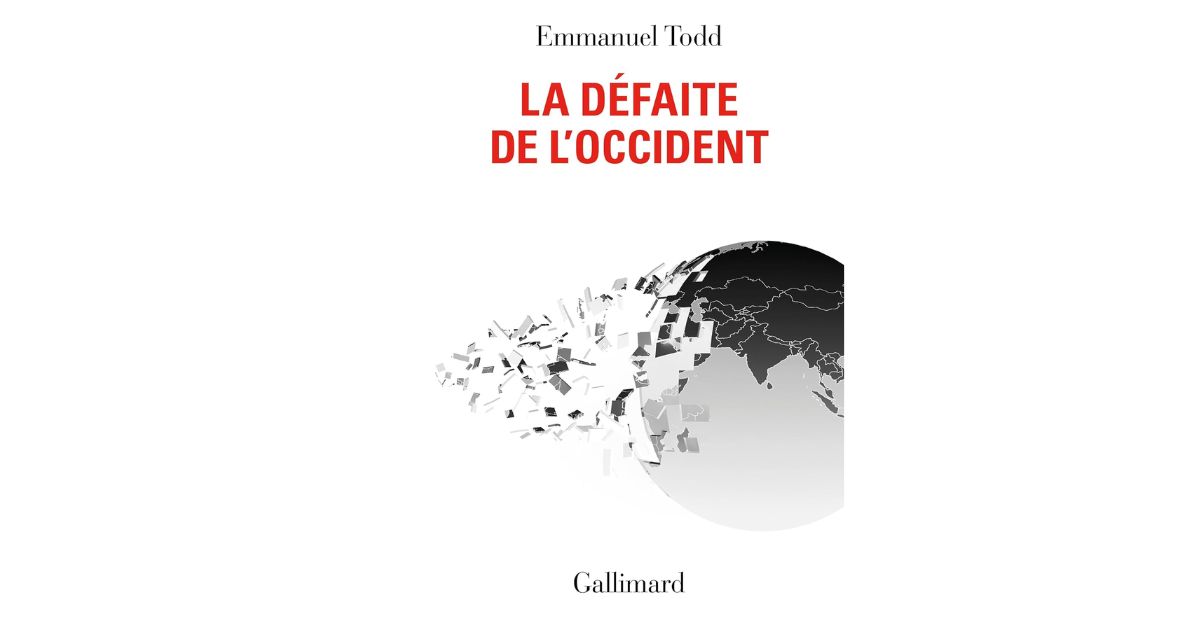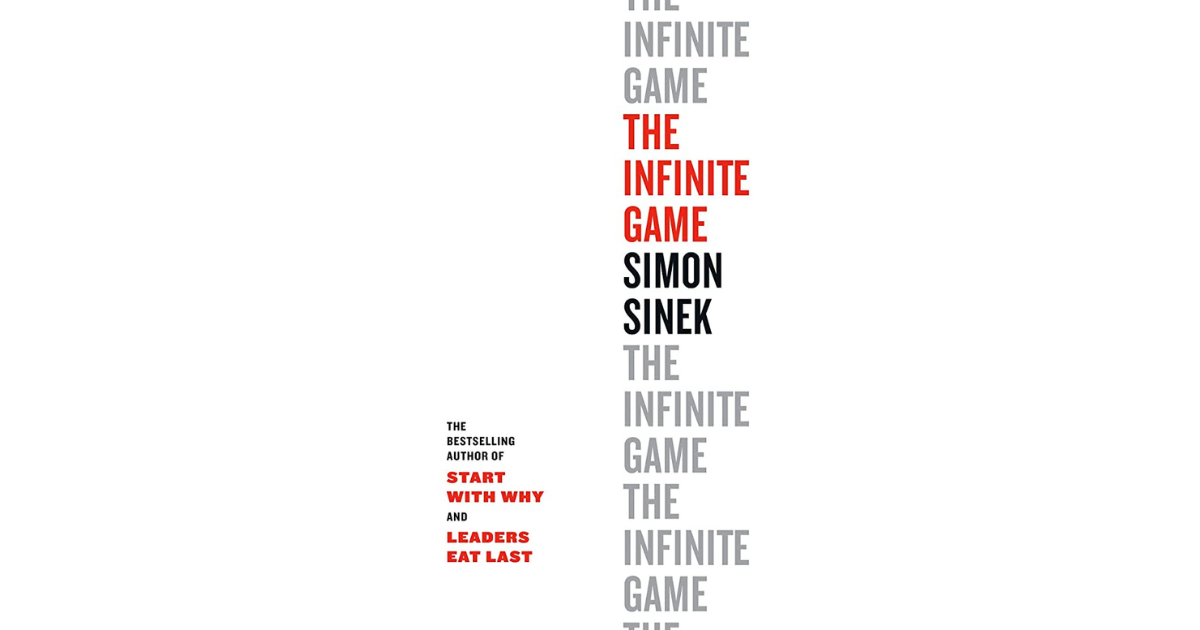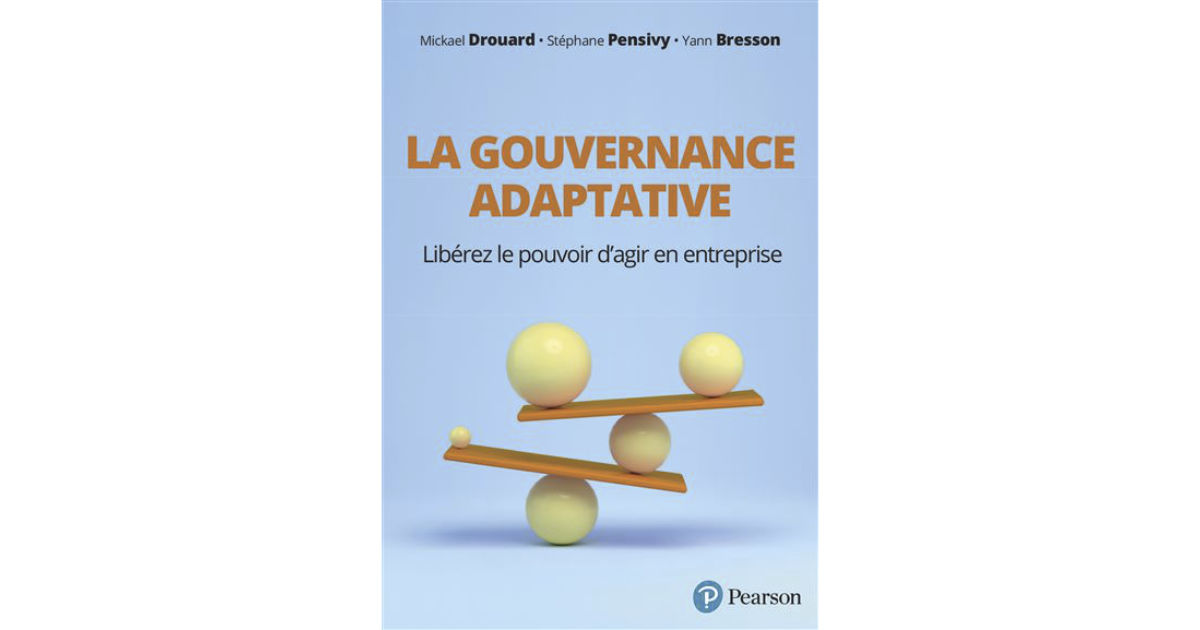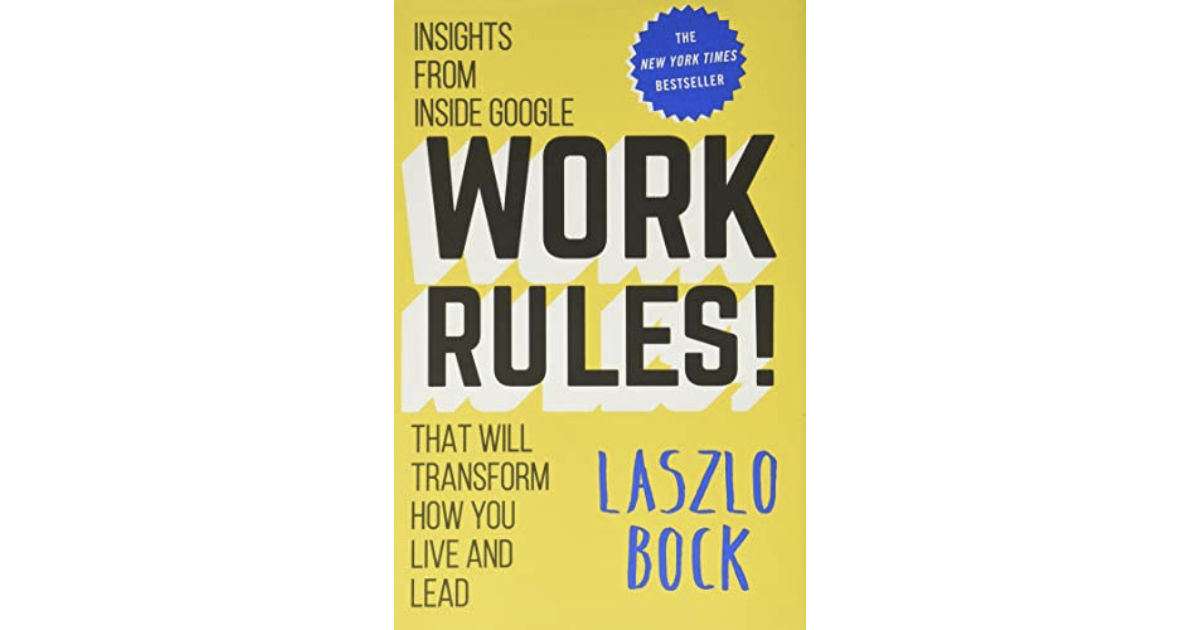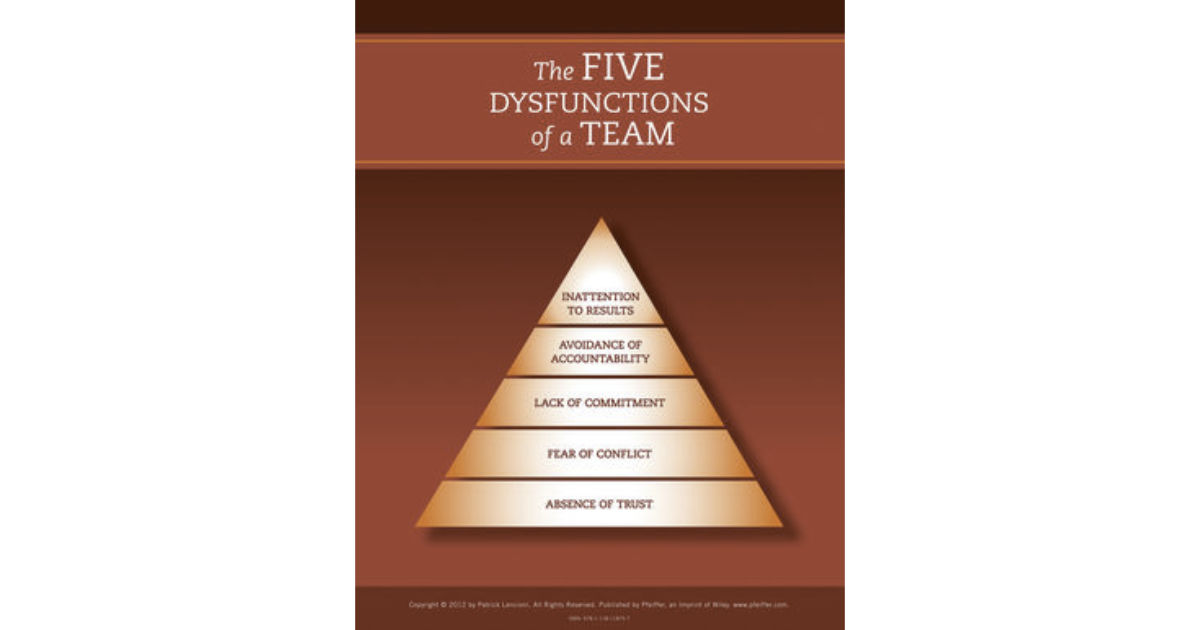The mass economy has generated mass labor. Much more than a piece of paper binding the employee to his employer, the employee’s work contract is the basis of our entire economic and social system built with industrialization and Fordism. A system that allowed social ascension during the good years of the industrial era, at the acceptable price of a relationship of alienation to work.
With the transformation of our economy, we are witnessing the end of the promises of this wage system: the service economy, digital technology and the need for personal fulfilment are shaking up traditional patterns and represent a tremendous opportunity to give a new meaning to our work: to rediscover a certain form of craftsmanship, in the sense of mastery of one’s work output. The author leads us into a deep reflection on today’s and tomorrow’s forms of work and on the underlying values of our society.
“Le salariat, c’est-à-dire le fait de louer sa force de travail au temps, indépendamment de la finalité de ce travail et de la valeur qu’il permet de créer, et sans autonomie quant aux moyens de l’effectuer, représentait la conséquence inévitable de l’aliénation du travailleur “






